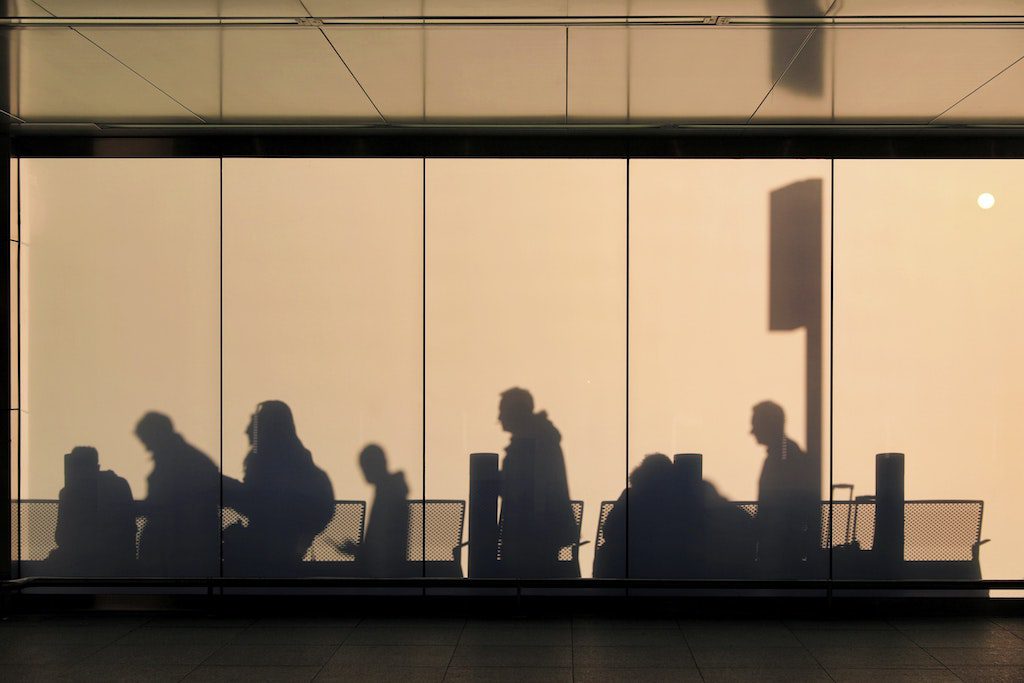Skift Take
In a month, the UK's travel restrictions have gone from blanket quarantine, to air bridges, to a traffic light system. What will they think of next?
In yet another twist to the UK’s coronavirus strategy, Transport Minister Grant Shapps announced Friday that England would lift its quarantine requirement for 59 nations and territories. The U.S. was not on the list.
From July 10, travelers arriving in or returning to England from nations on the list will no longer need to quarantine for two weeks upon arrival, but they will need to provide contact information.
The Foreign and Commonwealth Office will also be lifting its blanket global advisory on “all but essential travel” for a list of nations from July 4. The government hopes that move will allow travel insurance companies to cover such trips. The changes are timed to allow Britons to start going on holiday, and are a pivot from the much-talked-about “air bridges” strategy, which was deemed unworkable.
As has been a theme in recent months, the changes only apply in England. The devolved nations of Scotland, Northern Ireland, and Wales are either still deciding or are not ready to lift such restrictions, according to the BBC.
The full list of 59 nations was published on Friday afternoon. A “traffic light” system will classify countries based on their risk level, as informed by “the prevalence of coronavirus, the numbers of new cases and potential trajectory of the disease in that destination.”
Green countries are those that have very low levels of Covid-19 and are welcome to come to England, but where English travelers may face restrictions in return.
“I take New Zealand as a good example,” Shapps told the BBC. “They do have restrictions when you arrive, but we thought it was right to include them [on the UK’s list of exempt countries] because people may want to come here from New Zealand, and that’s no particular threat to our hard-won gains that everyone’s been going through, staying at home.”
Amber countries are place where no quarantine is required for arrivals in England, and reciprocal arrangements are expected for British travelers. Shapps confirmed to the BBC that Germany, France, Spain and Italy will all be among the amber nations. Amber also signifies that the country could be deemed unsafe again on short notice. Countries like Greece, which is still barring UK arrivals, will not be on the amber list despite their low infection rate.
He also confirmed to BBC that the U.S. will remain on the red list, for which travel restrictions will remain in place, including a 14 day quarantine. Europe made a similar call earlier this week.
“Today marks the next step in carefully reopening our great nation. Whether you are a holidaymaker ready to travel abroad or a business eager to open your doors again, this is good news for British people and great news for British businesses,” Shapps said in a statement. “The entire nation has worked tirelessly to get to this stage, therefore safety must remain our watch word and we will not hesitate to move quickly to protect ourselves if infection rates rise in countries we are reconnecting with.”
The travel industry has, on the whole, responded positively. This is no surprise, as the quarantine rules were highly unpopular.
“Replacing the quarantining with a more sophisticated approach to border control is a big step forward in restarting a £30bn export industry and protecting the jobs of half a million people,” Kurt Jansen, head of Tourism Alliance, an umbrella trade association for the tourism sector in the UK, told Skift in an email. “But this is just a first step, we need a comprehensive strategy for rebuilding inbound tourism that addresses issues such as the UK having highest aviation tax in the world, a visa charge that is 50 percent higher than a Schengen visa and a National Tourist Board that has had its core funding reduced by 40 percent over the last 10 years.”
The World Travel and Tourism Council also welcomed the decision — albeit cautiously — saying that though the industry has been eagerly awaiting the news, “there has been a disappointing lack of co-ordination to ensure the same rules apply at the same time across the whole of the UK,” CEO Gloria Guevara said. “We have learned from the past that a lack of coordination between governments and with the private sector causes long-lasting travel disruption, higher costs and a far slower recovery.
UPDATED: This post was updated once the full list of nations was published Friday afternoon. An earlier version of this post said there would be 50 nations exempt from quarantine; it is in fact 59.
The Daily Newsletter
Our daily coverage of the global travel industry. Written by editors and analysts from across Skift’s brands.
Have a confidential tip for Skift? Get in touch
Tags: coronavirus, quarantine, tourism, uk
Photo credit: Travelers' shadows queue at Heathrow Airport. Yolanda Sun / Unsplash
